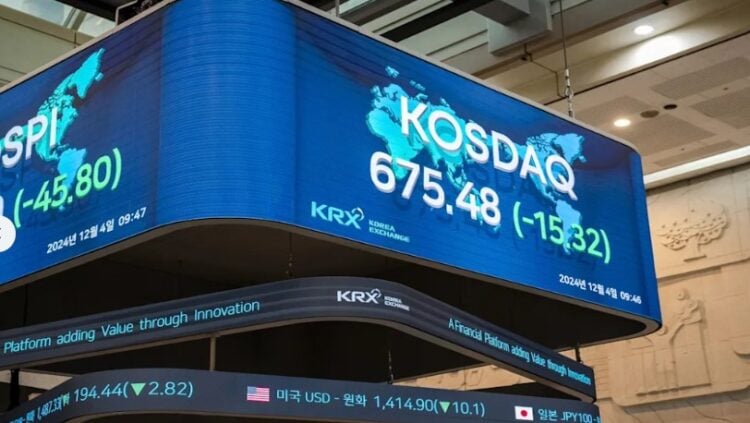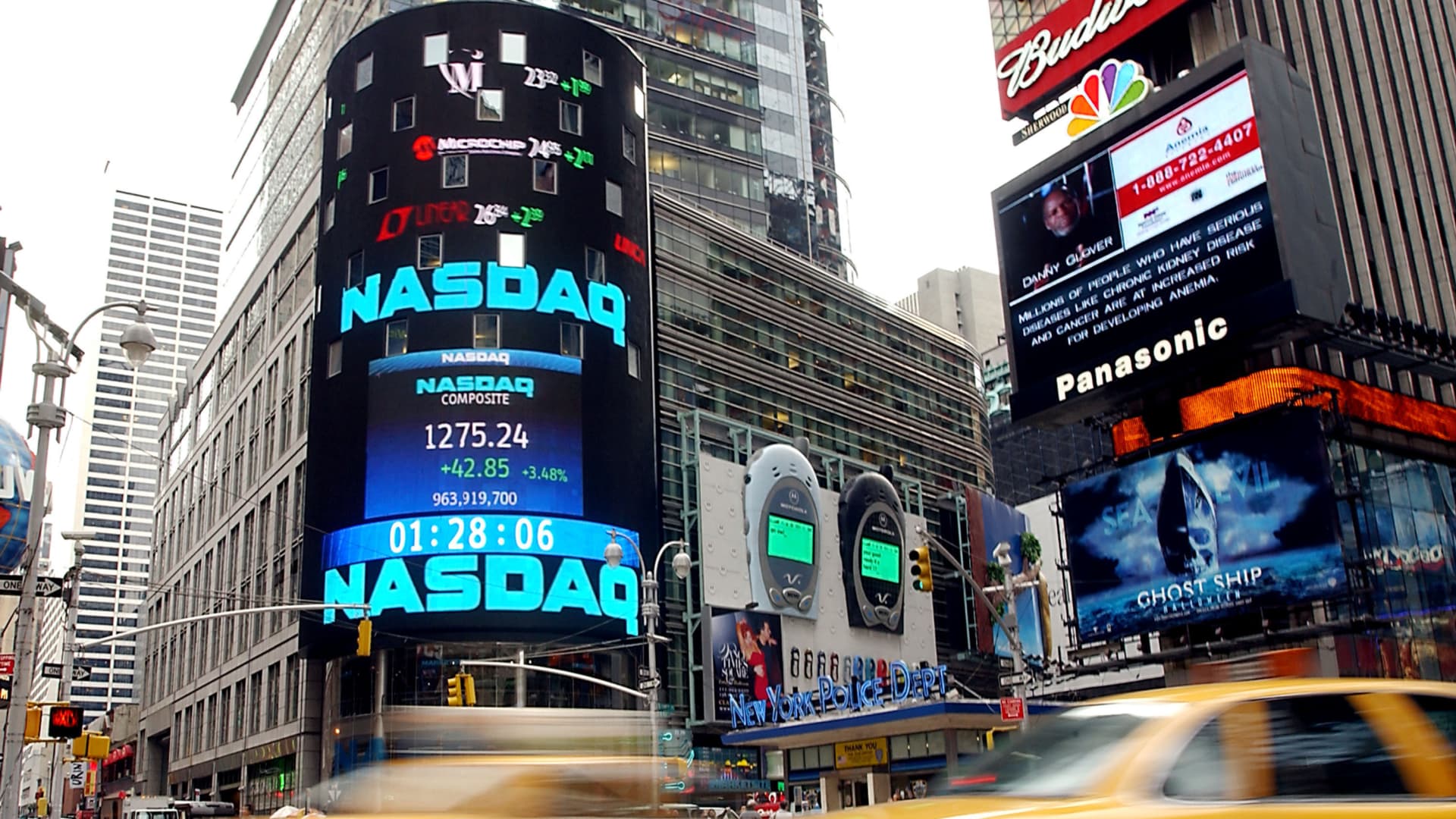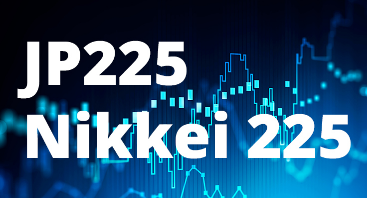Publisher: Maaal International Media Company
License: 465734
Korea Stocks Drop in Broad Asia Selloff as Short-Selling Resumes
(Bloomberg) — South Korean stocks declined on Monday, hurt by broader investor concerns over looming US tariffs just as a 17-month long ban on short selling ended.
The benchmark Kospi Index slid 3% on Monday, adding to its losses from last week as markets brace for US President Donald Trump’s reciprocal tariffs that are slated for April 2. All sectors were in the red, but some stocks linked to the electric-vehicles supply chain — that had been previous targets of short sellers — underperformed. With many of the battery-materials suppliers listed in the Kosdaq Index, the small-cap stock gauge erased year-to-date gains.
The MSCI Asia Pacific Index also fell more than 2%, with Japan leading regional losses following a selloff in US equities on Friday. Trump said he would consider “secondary tariffs” on Russian oil and those who buy it, if a ceasefire with Ukraine can’t be reached.
اقرأ المزيد
Starting Monday, hedge funds and other investors are allowed to sell borrowed shares for all of the roughly 2,800 companies listed in Seoul. Market watchers have expressed confidence that long-term benefits from the resumption of the popular trading practice — which had been prohibited since November 2023 — will outweigh any near-term volatility.
“The price action today is likely a carry over from Friday’s US price action and tariff news over the weekend,” said Mixo Das, head of Korea & Taiwan equity strategy at JPMorgan Chase & Co. The short-selling resumption isn’t all that negative, he added.
Lifting of the ban is expected to boost overall liquidity and help Korea’s bid to be upgraded to developed status from emerging in MSCI Inc.’s equity gauges, as the index provider has called for improving access for foreign investors.
Kospi has been among the top-performing equity gauges in Asia this year. Still, global funds have largely sat out the rally so far, offloading about $20 billion in Korean stocks since August amid the country’s political turmoil triggered by a short-lived martial law decree.
In enacting the ban in 2023, authorities cited unlawful trades, particularly what they called “rampant” naked short selling, and the need to restore fairness for retail investors. Regulators have since investigated and penalized global banks.
Naked short selling — or the practice of selling shares without borrowing them first — will remain illegal as it had been a key catalyst for the ban. An electronic monitoring system to detect such trades went online Monday.
Officials said 21 institutions that collectively account for roughly 81% of short selling in Korea — including Morgan Stanley, JPMorgan and Goldman Sachs Group Inc. — have joined the Naked Short-Selling Detecting System before Monday.
The system will send Monday’s short selling transactions data to Korea Exchange’s central monitoring server by 6 p.m. Wednesday, which would then be analyzed by officials to identify any violations in stock lending and other rules.
“The short-selling ban expiry is unlikely to provide a major boost to the market in the near-term since institutional investors will be relatively careful about ramping up their shorting under the new monitoring framework,” said Homin Lee, senior macro strategist at Lombard Odier in Singapore.
Foreign funds sold 1.8 trillion won ($1.2 billion) worth of Kospi and Kosdaq equities on Monday.
“The lifting of the ban is still an encouraging development for the Korean stock market’s accessibility for global investors, and we expect liquidity to improve gradually for the market, especially in its small-cap segment,” Lee said.









